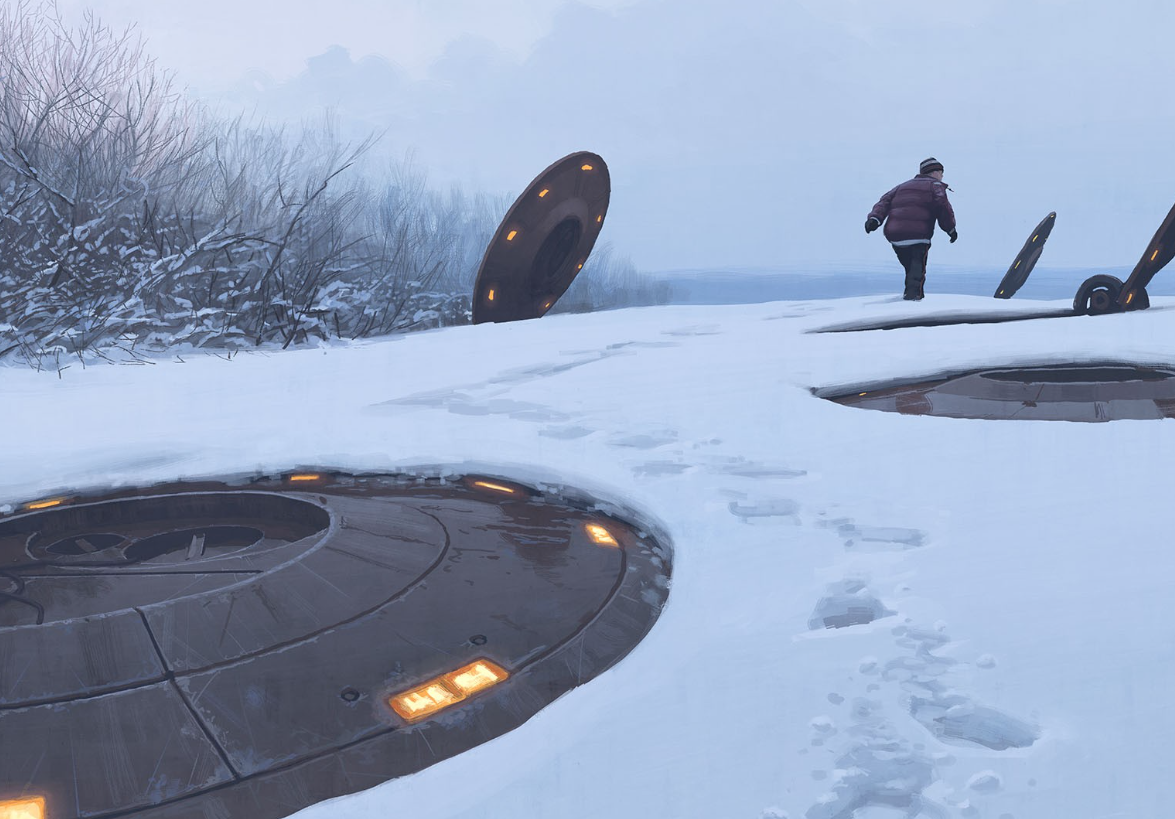
Not only that, the "base" also breaks through the traditional framework of talent training model and builds a "university + Academy of Sciences" type learning research platform. With HuALI as the center and the Chinese Academy of Sciences as the cooperation platform,
the "Base" opens up the undergraduate and doctoral curriculum system, pays attention to the fundamentals of mathematics and science, encourages interdisciplinary studies, and customizes personalized training programs for each student.
This model is based on the principle of "unifying basic courses, strengthening introduction courses, and open orientation courses". The basic courses are taught in colleges and universities, and the open orientation courses are taught in the Institute of Chemistry,
Institute of Organic Sciences, and Institute of Pharmaceutical Sciences of the Chinese Academy of Sciences. Students choose courses according to their personal interests, develop cross-border courses, and carry out research to achieve academic specialization.
"Learning + academic" creates a nurturing atmosphere
The open learning atmosphere of "discussion everywhere" encourages "Base" students to boldly explore frontier unknown areas and create an academic atmosphere of interdisciplinary discussion and research.
In the classroom, on the basis of "reinforcement theory", we will promote the construction of advanced, cutting-edge and challenging courses, innovate the teaching and learning model, comprehensively promote project-based teaching,
and advocate deep learning experience. Outside the classroom, a variety of academic activity platforms are set up, including innovative activities for college students, micro-speech competitions,
face-to-face meetings with masters, academic exchanges with tutors, chemistry competitions, etc., to encourage students to participate in high-level academic exchange activities at home and abroad, pay attention to cutting-edge scientific issues, and train students to improve their observation, critical thinking and expression skills.
In order to enhance students' interest and ability in scientific research, the "Base" has established a complete framework for advanced scientific research ability training, including the cultivation of scientific literacy in junior grades, the training of scientific research methods in middle grades,
and the improvement of scientific research and thinking ability in senior grades. Students start to rotate into research groups in freshman year, identify their personal research interests and directions, and determine their academic supervisors. Follow the tutor to carry out scientific research work.
In the freshman year, Liu Xiaoyi, a student of Grade 2021, took turns in Mr. Zhan Wangcheng's research group to learn about industrial catalysis to control air pollution. In the summer of her freshman year,
she participated in the second Training Program for Top Students of Basic Disciplines 2.0 "Questioning and Guessing" activity under the guidance of Mr. He Xiaopeng. I propose my own conjecture for the early diagnosis of retinoblastoma -- a fluorescent probe that can diagnose retinoblastoma.
Under the guidance of He Xiaopeng, Liu Xiaoyi learned to consult literature, write papers and select probes. After having a preliminary understanding of the scientific research, Liu Xiaoyi independently wrote a literature review.
"I wrote about energy conservation and emission reduction, and looked up current articles on CO2 treatment methods, emissions, and carbon neutrality, and learned to categorize various methods." Liu Xiaoyi said,
"One of the biggest gains is to realize that scientific research is hard and to choose the right way to do things. For example, writing an article involves many aspects, including formatting, presentation logic and so on."
According to the practical training arrangement of the "Base", Liu Xiaoyi and Xiang Keheng will enter their respective tutor's research group to carry out experimental research, study visits and scientific practice in scientific research institutes at home and abroad, and enter the graduation research group to continue scientific research in their senior year.
In this process, they will learn experimental design, data analysis, paper writing and submission, graduation projects and other learning tasks under the guidance of their tutors.
Xu Shouhong introduced that the "base" is currently exploring and promoting project-style teaching for the four major chemical theory courses, taking "thick foundation, strong practice and innovation" as the goal, continuously extending the breadth,
continuously improving the difficulty and gradually increasing the challenge, and creating a chemical theory and practice course system suitable for the cultivation of top students.
It lays a solid foundation for cultivating students' ability of "literature research, review report", "scheme design, feasibility judgment", "hands-on operation, experimental skills", "data analysis, summary", "language expression, team cooperation" and so on.
Xiang Keheng, a 2021 undergraduate at Huali College of Chemistry, said that his experience in college for more than a year, he often used the word "especially rich" to describe: Not only listened to the lectures of many well-known professors including academicians,
visited the Feringa Nobel Prize Scientists Joint Research Center, Shanghai Chemical Industry Research Institute and other research institutions, but also entered the Biological oil production Laboratory of East China University of Science and Technology,
and took charge of the innovation and entrepreneurship training project of "aerospace breeding strains and Metabolites Analysis" for college students. Led the project team to participate in the 2022 "Internet Plus" competition. And this extraordinary experience is because he participated in the "Chemistry Top Student Training Program 2.0 Base" project of Huali.

